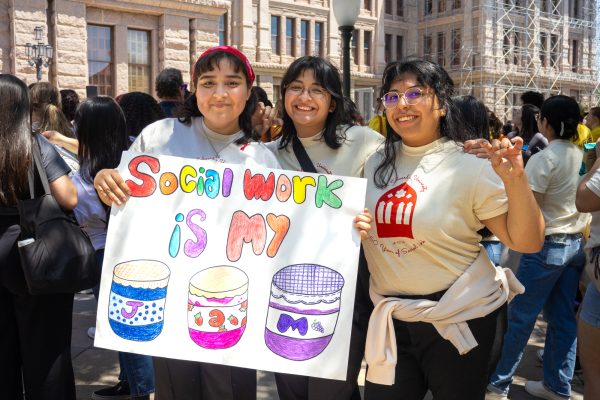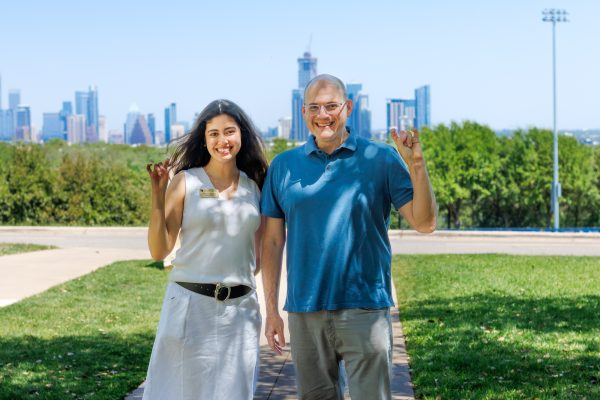Academic journal encourages global perspectives, research
“Pangaea Journal” is an academic publication has been at St. Edward’s University since 2008. It works to benefit students by engaging them in examining and clarifying their own experiences and values and to recognize their own role in the global community.
Associate Editor Mike Slotten describes “Pangaea Journal” as “an informative, innovative and academically rigorous publication that focuses on the increase of globalization through the lens of students.”
“The research done by the students of St. Edward’s University, along with their personal global experiences, provide everyone with a more comprehensive understanding of world affairs,” said Slotten.
Students who want to submit to “Pangaea Journal” must have a faculty sponsor who is familiar with their work. Once the student has shared their paper with their faculty sponsor, they are eligible to submit it to Pangaea. Papers are then reviewed by Pangaea staff and, once any comments or suggestions have been made, the submission is subsequently approved and published.
The journal’s primary goal to publish articles that “exhibit detailed thought, research and time commitment” and there is no limit for the number of papers that are able to be published.
The decision process allows submissions to be peer reviewed by three sources which include students, faculty and experts in that field. Once that submission is approved by this editorial board, it is then accepted for publication.
Slotten says that one of the benefits to having a journal like Pangaea on campus is that it “encourages students to engage in a deeper, more meaningful study of just how this (global) interconnectedness affects us all by connecting personal experiences to the global processes of our world.”
Sabiha Gire, a student that has had her work published in Pangaea, cites being able to put it on her resume that she has published work in a journal as a benefit. Gire wrote a paper about the effect social media played on the Arab Spring.
“At the time of writing this paper, the protests and revolutions were in full effect throughout the Middle East,” Gire said. “As a global studies major, I was drawn to the rapid changes that were occurring and I wanted to gain more insight. The revolutions were gaining support and attention through their use of social media. Many of the countries’ official governments were corrupt, and thus media that was coming out of these countries was propaganda. Getting information straight from citizens and people going through the struggle gave the outside world a unique understanding of the situation. Using social media was a way for people to show their support, gather together to protest and use this tool to combat oppressive government regimes.”
The deadline for students submissions is March 27.






